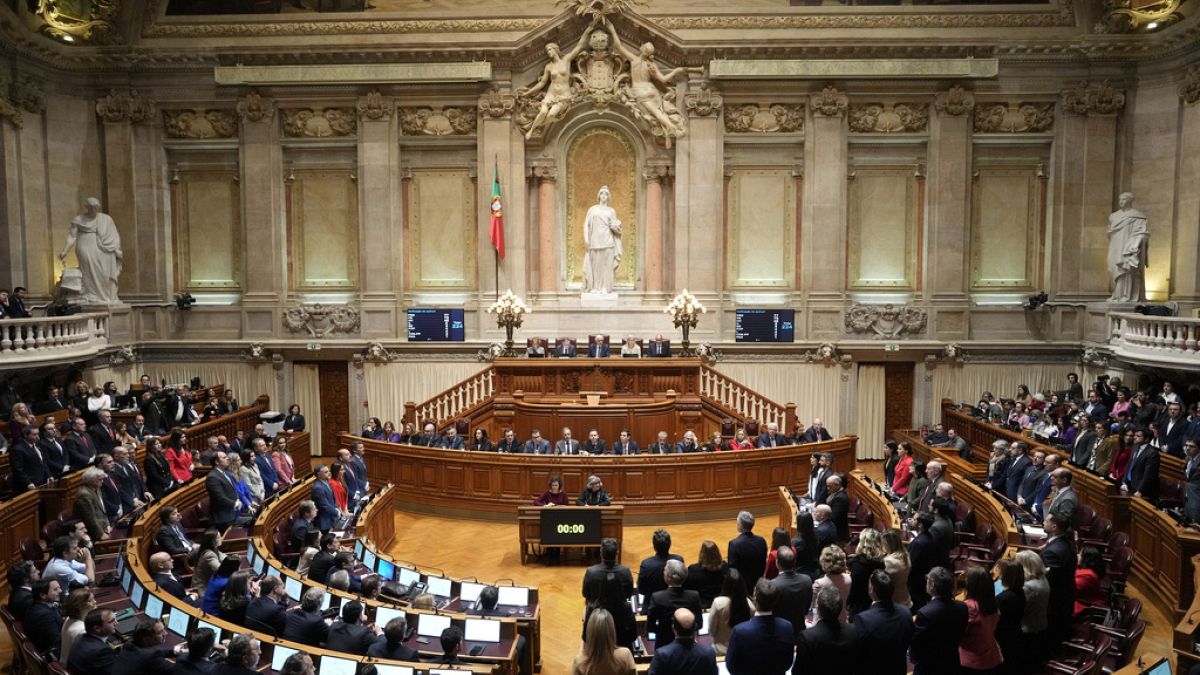

In a world where change is the only constant, recent events from various corners of the globe signal a shift towards justice, equality, and environmental mindfulness. Each of these advancements, whether in the legislative chambers of Portugal or the literary halls of Brazil, reflects a step forward in the global narrative.
Portugal has made headlines with a significant update to its legal system, reclassifying rape as a public crime. With this reclassification, Portugal aligns more closely with broader European standards, ensuring a more robust legal framework for protecting victims of sexual violence. Notably, several members of the Socialist Party voted in favor of this reclassification, highlighting the potential for bipartisan support in matters of significant social importance, even amid official party abstentions on certain proposals. This legislative move showcases Portugal’s dedication to enhancing justice and protection within society.
In neighboring Spain, a landmark court ruling has affirmed the right to a clean environment as fundamental to human rights. This decision came as a result of legal action surrounding pollution from a pig farm, which reportedly transformed a local reservoir into a distressing hazard. This legal precedent not only aims to restore the reservoir to a “place of life” where residents can engage in activities without trepidation but also represents a growing recognition of environmental wellness as intrinsic to human well-being. The ruling promises newfound hope for many across the region, setting a standard for future legal battles concerning environmental issues.
Meanwhile, the sports world witnessed a pivotal moment as prominent South African athlete, Caster Semenya, was vindicated by the European Court of Human Rights. The court ruled that Semenya had not been afforded a fair trial in her contest against policies requiring testosterone suppression for competition in women’s sports. This verdict is more than a personal victory for Semenya; it is a clarion call for upholding athlete rights globally, as Semenya herself advocates for fairer treatment and protection of athletes’ rights worldwide. Her legal struggle showcases the interplay of sports and human rights, urging reforms in international athletics.
Turning to literature, Brazil has reached a milestone with the election of Ana Maria Gonçalves, the first Black woman to join the Brazilian Academy of Letters. Her inclusion in this historic institution, established over a century ago and long governed by the presence of white males, embodies a breakthrough in Brazilian cultural and literary circles. The author of “Um Defeito de Cor,” Gonçalves’ election has been celebrated widely, including a mention by President Luiz Inácio Lula da Silva. Her achievement signifies not just personal triumph, but also a broader shift towards diversity and inclusion in literary arts, marking a significant step in acknowledging and valuing diverse voices in literature.
In Bangladesh, the waves of progress are also palpable. The caretaker government has enacted a meaningful policy revision, retiring the outdated protocol that mandated the addressing of female officials as “sir.” This change reflects an awareness of and sensitivity to gender identity and respect, prompted by a broader effort to modernize governance protocols following the transition from a former regime led by Sheikh Hasina. This step towards gender respect and equality within governmental practices aligns with global trends aimed at fostering equitable treatment across genders, supporting an environment of respect and dignity.
These stories, though diverse in their nature and geography, collectively underscore a shared commitment to progress and equality. From legal advancements in crime classification to groundbreaking achievements in literature, each development speaks to a larger global theme—one of hope, reform, and a steady march towards a more just world. With continued focus on these values, societies around the world are building pathways to a future that honors justice, equity, and the inherent rights of all people.
Source: {link}
